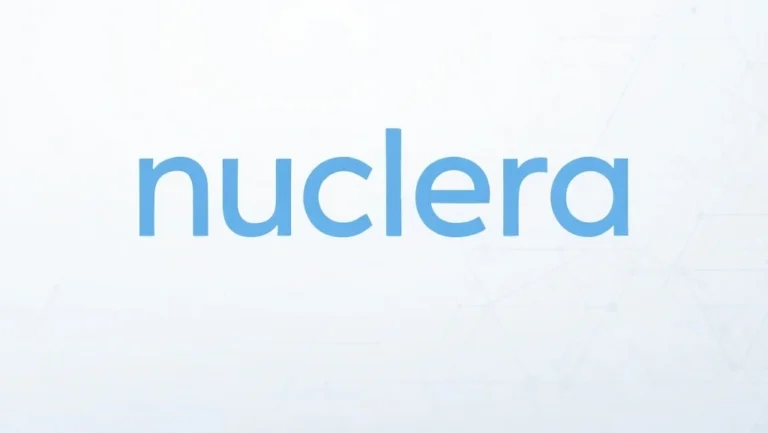
Alnylam Pharmaceuticals, Inc. (Nasdaq: ALNY) has unveiled promising outcomes from the KARDIA-2 Phase 2 investigation, evaluating the effectiveness and safety of zilebesiran when combined with one of three standard antihypertensive medications: a thiazide-like diuretic (indapamide), calcium channel blocker (amlodipine), or angiotensin receptor blocker (olmesartan). Zilebesiran, an experimental RNAi therapeutic targeting liver-expressed angiotensinogen (AGT), aims to treat hypertension with potential biannual dosing. These findings, showcased as a late-breaking clinical trial at the 2024 American College of Cardiology (ACC) Annual Scientific Session, follow the positive topline results announced earlier in March 2024.
The KARDIA-2 study achieved its primary goal by demonstrating clinically and statistically significant reductions, ranging up to 12.1 mmHg in 24-hour mean systolic blood pressure (SBP), when zilebesiran was added to the aforementioned medications, as independently measured at Month 3. Moreover, key secondary endpoints evaluated at Month 3 showcased notable reductions in office SBP across all three cohorts. Even at Month 6, zilebesiran demonstrated sustained reductions in office SBP despite the addition of rescue antihypertensives at Month 3. Additionally, zilebesiran exhibited substantial reductions in 24-hour mean SBP when added to indapamide and amlodipine, sustained up to Month 6.
However, the addition of zilebesiran to the maximum dose of olmesartan yielded a non-statistically significant result when evaluated at Month 6. Dr. Akshay Desai, Director of the Cardiomyopathy and Heart Failure Program at Brigham and Women’s Hospital, highlighted the significance of these findings, suggesting that zilebesiran could potentially address the limitations of current hypertension treatments, particularly in improving blood pressure management and reducing cardiovascular risks. While further evidence is warranted to ascertain long-term efficacy and safety in a broader population, these findings are promising, indicating the potential for transformative changes in clinical practice with biannual dosing of zilebesiran.





